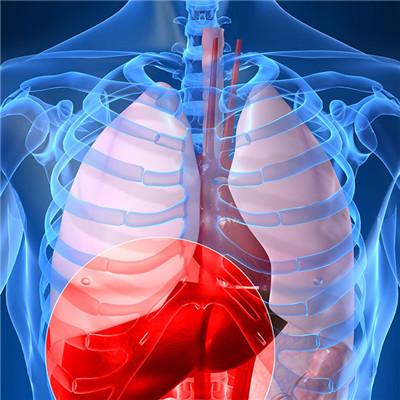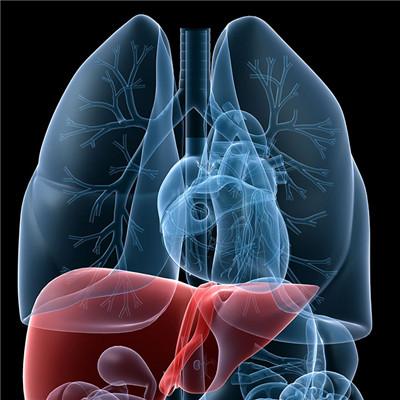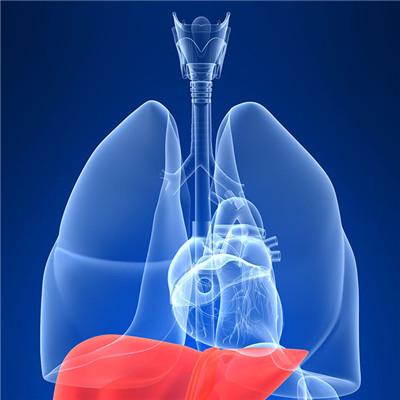How does hemangioma have a responsibility on liver?
summary
Hepatic hemangioma is one of the most common benign tumors of the liver, you can eat some light things, most of them are cavernous hemangioma, clinical to 30-50 years old women are more common, most of them have no clinical symptoms. But incidence rate seems to be increasing in recent years. It is often heard that a certain medical examination found liver hemangioma, then nervously at a loss, worried about cancer, and worried about surgery. So the following is a specific introduction to the liver hemangioma how to return a responsibility? I hope this problem can help some people.
How does hemangioma have a responsibility on liver?
First: in fact, the real mechanism is not clear. There is the theory of congenital dysplasia (the occurrence of hemangioma is caused by congenital vascular malformation at the end of the liver. It is generally believed that the abnormal development of hepatic vessels during embryonic development causes the abnormal proliferation of vascular endothelial cells and the formation of hepatic hemangioma). There is the theory of hormone stimulation (some scholars have observed that in female puberty, pregnancy, pregnancy, pregnancy, etc.) Oral contraceptives can accelerate the growth of hemangioma. It is believed that female hormone may also be one of the pathogenic mechanisms of hemangioma. The theory of congenital dysplasia may be more reliable. It's actually a sinus in the liver.

Second: in fact, hemangiomas are still those hemangiomas, but now there are more opportunities for active physical examination of the liver, or liver examination for other reasons. In addition, the current B-ultrasound can see more clearly than before, so more and more hepatic hemangiomas that might not have been found in their lifetime are now seen. Many people say that diet, emotion and other reasons cause the increase of hemangioma, and there is no evidence.

Third: if it's the first time you find hemangioma on the liver, B-ultrasound will definitely tell you it's hemangioma. Most of them don't need surgery or other treatment. Follow up can be done. If B ultrasound is ambiguous and not so sure, then you'd better do an enhanced CT or MRI. These two methods can be more clear whether the typical hemangioma. In the figure below, the upper part is hemangioma, and the lower part is liver cancer. Dynamic contrast-enhanced scanning is necessary to make clear.

matters needing attention
I can tell you clearly that your liver pain is not caused by hemangioma. As for canceration, there is no report of canceration of hepatic hemangioma. The world is very big. You have a lot to care about. Forget the small hemangioma on your liver.












